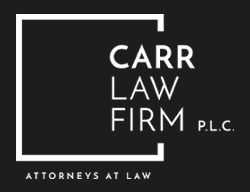Here in Iowa, drunk and/or drugged driving is often referred to as operating while intoxicated (OWI). Iowa’s legal limit is 0.08% for adults age 21 and over. It’s 0.04% for motorists with commercial driver’s licenses as per Federal Motor Carrier Safety Administration (FMCSA) regulations and Iowa state law.
Penalties for an OWI may include a potential driver’s license suspension or revocation, ignition interlock device installation, incarceration and fines. If you’re convicted of OWI while operating a commercial vehicle, it could also end your career.
Who qualifies as a commercial driver according to the FMCSA?
Commercial drivers, including the following, are required to maintain less than a .04% blood alcohol content (BAC):
- Anyone driving an automobile registered to a community or religious organization
- For-hire or private carriers
- Owner-operators and employees of or lessees for commercial carriers
- Any motorist who operates a vehicle on behalf of the federal, state or local government
This federal agency requires the above-referenced carriers to avoid consuming alcoholic beverages up to four hours before operating their commercial vehicle. Federal regulators also require employers to randomly drug test their carriers as a condition of their employment and always following an accident.
Why you should worry if police arrest you on OWI charges
If an arrest, the prospect of jail time and fines don’t worry you if a judge or jury convicts you on OWI charges, then perhaps the other penalties you face will. The FMCSA requires you to let your employer know if you’re convicted on OWI charges no more than 30 days after it occurs. These regulations also restrict your employer from allowing you to work for them so long as your license remains suspended.
These restrictions may impact your ability to earn a livelihood. This is why you need to fight any charges that you face aggressively.

